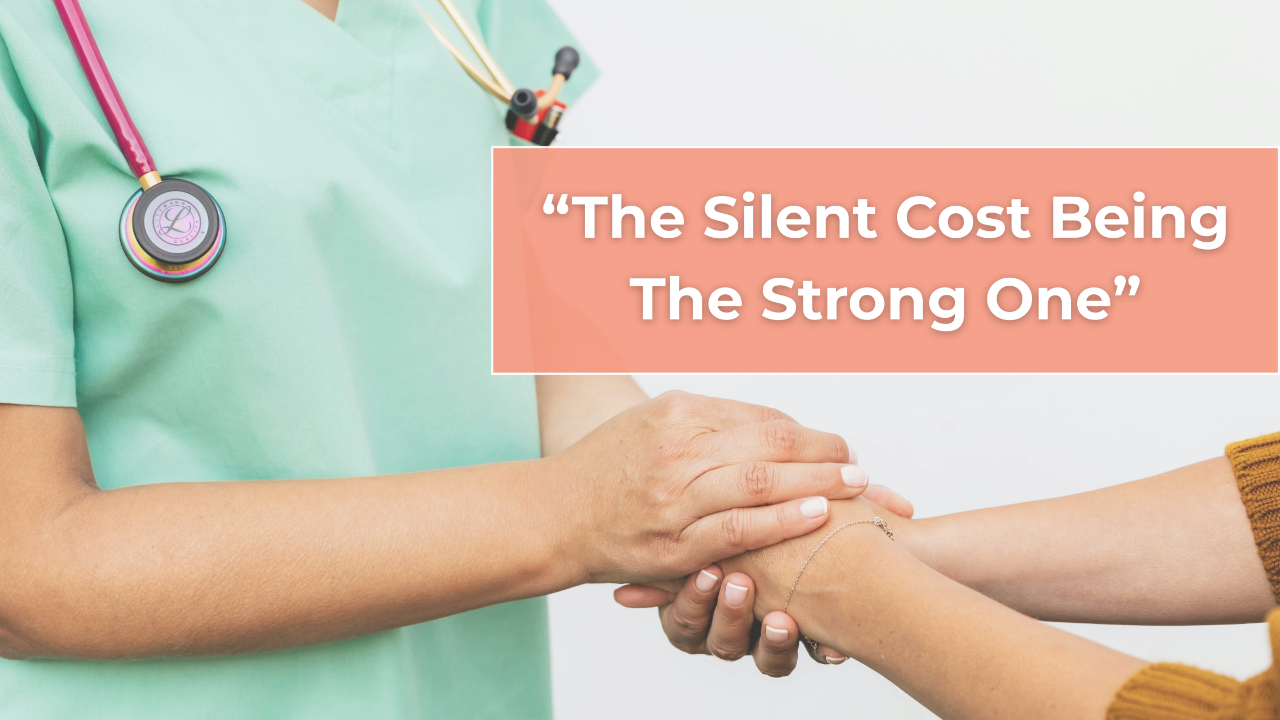The Silent Threat: Unmasking the Dangers of Stalking and Narcissistic Hoovering
Jun 04, 2024
As a survivor of domestic abuse, I have encountered many forms of violence and manipulation. Yet, among these, stalking stands out as one of the most insidious and terrifying experiences any victim and survivor can endure. It's a crime that often goes unnoticed, leaving its victims in a perpetual state of fear and anxiety. Today, I write to shed light on the dangers of stalking and the equally disturbing tactic known as narcissistic hoovering, drawing from my podcast guest Lauren’s harrowing experiences to emphasize the urgent need for awareness and action.
Lauren’s ordeal began with what seemed like harmless messages and coincidental meetings. However, it quickly morphed into a nightmare where every step she took was monitored, and every interaction scrutinized.

Stalking is not just a series of unwanted phone calls or a persistent presence in one's life; it is a calculated and relentless invasion of privacy that can escalate to severe violence. The psychological impact of stalking is profound. Living with the knowledge that someone is obsessively tracking your movements, listening to your conversations, and even manipulating your social circles can erode your sense of security. She recounts the sleepless nights, the constant looking over her shoulder, and the anxiety that permeated every aspect of her life. This constant state of hyper-vigilance is not just exhausting; it is debilitating.
Her stalker used emotional manipulation, threats, and even physical intimidation to maintain power over her. There were times when she felt utterly powerless, isolated from friends and family, who were either unaware of the extent of my suffering or manipulated into believing a different narrative. The fear of being disbelieved or blamed often silenced her, as it does for many victims.
One of the most dangerous aspects of stalking is its potential to escalate into physical violence. Lauren’s stalker did not just stop at surveillance; he physically assaulted her, leaving her with not only physical scars but also deep psychological wounds. The incident that remains etched in her memory is when he strangled her in his car, an act of violence that nearly cost her life. It was this terrifying escalation that finally prompted her to seek help and take decisive action against him.

In her experience, hoovering was a sinister and confusing element of her relationship. Just when she thought she had broken free, her abuser would reemerge, promising to change and making grand gestures that seemed genuine. These moments of apparent remorse and affection made it incredibly difficult to sever ties completely. However, these attempts at reconciliation were short-lived, quickly devolving back into the same patterns of control and abuse.
For those who find themselves in a similar situation, I urge you to trust your instincts and seek help. Document every incident, reach out to trusted individuals, and do not hesitate to involve the authorities. There are organizations and support groups dedicated to assisting victims of stalking and those targeted by narcissistic hoovering, providing not only emotional support but also practical advice on how to stay safe.

To the broader community, I appeal for greater awareness and understanding. Educate yourselves about the signs of stalking and narcissistic hoovering, and stand in solidarity with victims. It is through collective effort and vigilance that we can create a safer environment for everyone.
Stalking and narcissistic hoovering are silent predators, lurking in the shadows of our lives. By bringing these issues into the light, we can work towards a future where no one has to live in fear of being watched, manipulated, or harmed. Together, we can break the silence and put an end to these pervasive threats.
View The Entire Collection
See all our blog posts to discover valuable insights and tools for navigating trauma and healing with guidance and support.












